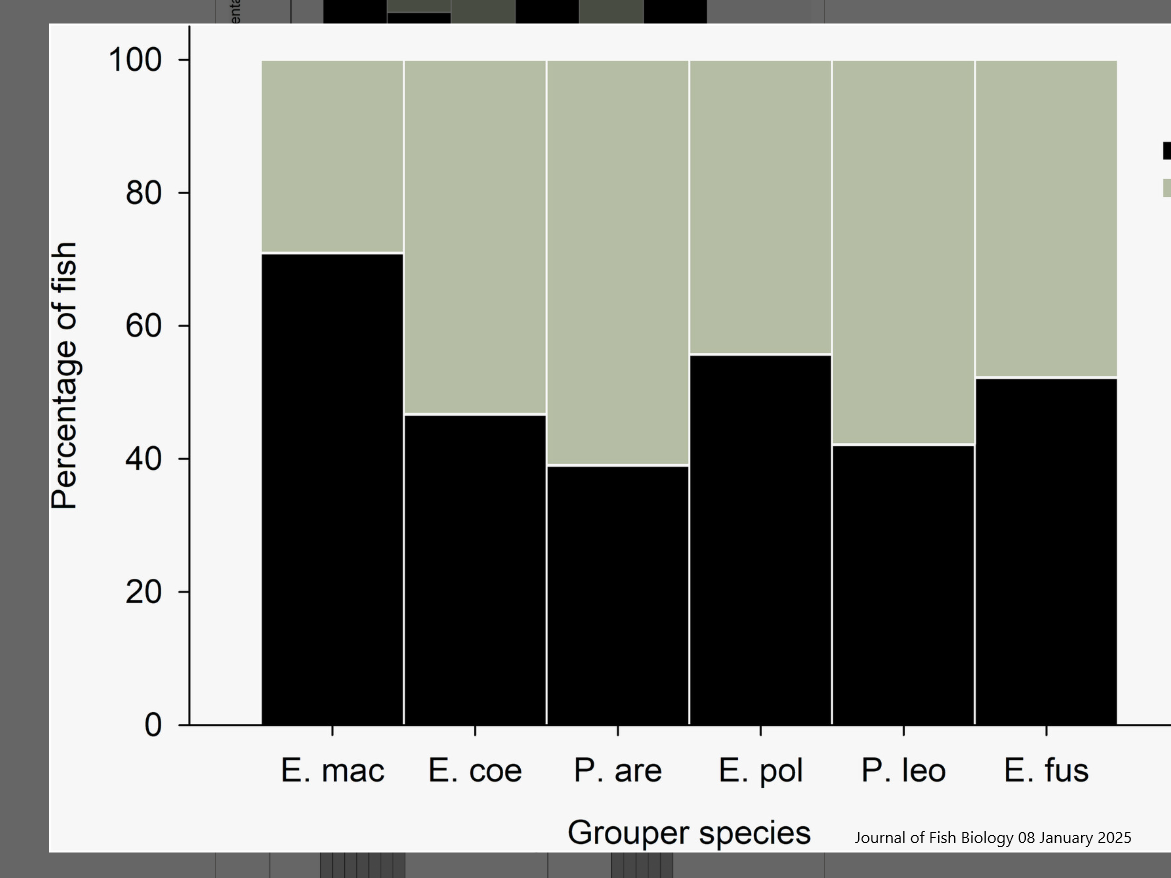
Pacific Island communities are heavily dependent on fisheries for subsistence and livelihoods. Yet, despite their importance, coastal fisheries are poorly managed and commercial pressures increasingly threaten them. Groupers (Epinephelidae) are exceptionally vulnerable to overexploitation due to aspects of their biology while their economic value makes them a prime target for commerce. Fiji has a significant grouper fishery and is a useful case study to assess a data-poor, economically valuable sector to evaluate management measures, options, and needs. Data from multiple sources over three decades were integrated with original research involving fisher interviews, market surveys, stock assessments, and underwater census to assess the status of the country's grouper fishery. Catch rates are declining and trade now includes a high percentage of immature groupers, with aggregating species (mainly Epinephelus polyphekadion, Epinephelus fuscoguttatus, Plectropomus areolatus, Plectropomus leopardus) particularly at risk. Estimated annual grouper landings are increasing and now exceed 1000 mt. There is an urgent need to update Fiji's grouper size limits which are grossly inadequate. To build public support and increase awareness, government and nongovernmental organizations should invest in the national 4FJ Fish Smart campaign. Key management recommendations for groupers are (1) improved spatial and temporal protection of spawning aggregations and (2) increased minimum-size restrictions for capture and sale. Findings apply broadly to valuable and vulnerable coastal fin-fisheries in reef ecosystems across many Pacific Island countries and highlight the importance of using multiple data sources and approaches to understand and manage important data-poor fisheries.














